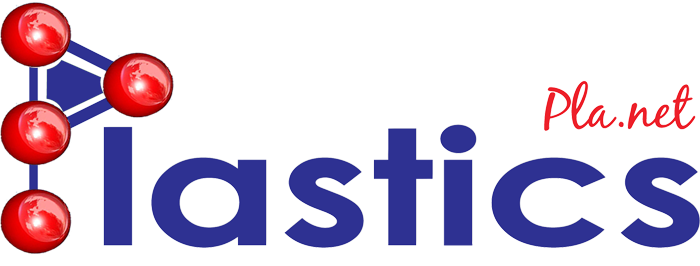Uncovering Untapped Potential in the Commercial Space Market
The latest episode of the VDMA Industry Podcast delves into a topic that is rapidly moving from the realm of visionary thinking to tangible business opportunity: the commercial use of space, widely known as New Space. Once driven almost exclusively by scientific exploration and government-funded missions, the modern space sector is undergoing a massive transformation — opening up entirely new digital business models for mechanical and plant engineering companies, as well as the software and IT industries.
In this episode, Matthias Spott, an established NewSpace entrepreneur and investor, discusses the vast potential of this technological revolution and its impact on German and European industry with Prof. Claus Oetter, Managing Director of the VDMA Software and Digitalization Association. Together, they shed light on why space is no longer an isolated, science-focused venture, but increasingly a commercial arena with real market applications. “While space travel has long been purely science-driven, it is now about commercial use, from satellite communication to production in zero gravity. The focus is on the market and the customer, which is why space travel is no longer an end in itself, but a means to an end,” explains Spott.
This shift is driving significant change in the way manufacturing and software companies think about the value chain. For example, the podcast points to practical areas where New Space can deliver real economic benefits: the optimization of logistics chains, real-time monitoring of machines and industrial assets, and even the development of new, high-performance materials under zero-gravity conditions. These applications offer huge potential to improve efficiency, unlock new product properties, and create competitive advantages that were unimaginable just a decade ago.
A major driver behind these opportunities is the explosion of satellite data — which is now becoming more accessible and affordable thanks to smaller, cheaper satellites, reusable launch systems, and a growing private market for space services. Prof. Oetter emphasizes just how critical this data will be for future innovation across the entire industrial landscape. “The combination of earth-based data with orbit data creates completely new possibilities. The software industry has significant experience in this area. Artificial intelligence will be crucial in making the enormous amounts of data usable,” he explains. The potential applications range from precision agriculture and advanced environmental monitoring to predictive maintenance and intelligent supply chain management — all powered by real-time insights that orbit far above the earth.
At the same time, both experts agree that Europe must move quickly if it wants to keep pace with global pioneers in the New Space economy. The U.S. in particular, with its vibrant startup ecosystem and strong public-private partnerships, is already setting benchmarks in areas like satellite mega-constellations, reusable rockets, and space-based manufacturing. Prof. Oetter stresses that Europe cannot afford to fall behind: “Europe must act now to not only develop follow-on solutions, but to be at the forefront of innovation itself. We should focus on the next or next-but-one technologies to catch up with the pioneers.” This means more investment, closer collaboration between industry and policymakers, and a stronger innovation ecosystem that supports risk-taking and rapid scaling of breakthrough ideas.
The podcast episode underlines the strategic importance of New Space as a catalyst for digitalization and competitiveness in the broader manufacturing and software sectors. For VDMA and its member companies, this means actively monitoring trends, building networks with space industry players, and exploring how orbit-derived data and technologies can enhance industrial production, sustainability, and new business models on earth. As part of its broader mission, VDMA is committed to helping companies recognize these emerging opportunities early — and providing them with the insights, platforms, and collaborations they need to translate New Space potential into real-world industrial value.
With the boundaries between the digital and physical worlds blurring — and space now an extension of our data and production infrastructure — the message is clear: forward-looking companies that harness the New Space revolution stand to benefit from entirely new value streams, smarter processes, and innovative solutions that can secure Europe’s industrial leadership for decades to come.
#vdma #Modernplasticsindia #Pasticsnews #ModernPlasticsIndiaMagazine
#PrintPublication #Plasticspla.net




